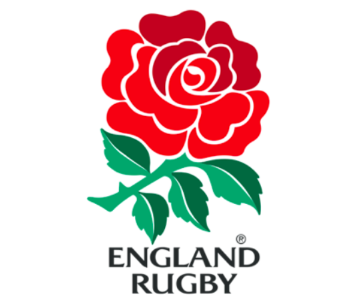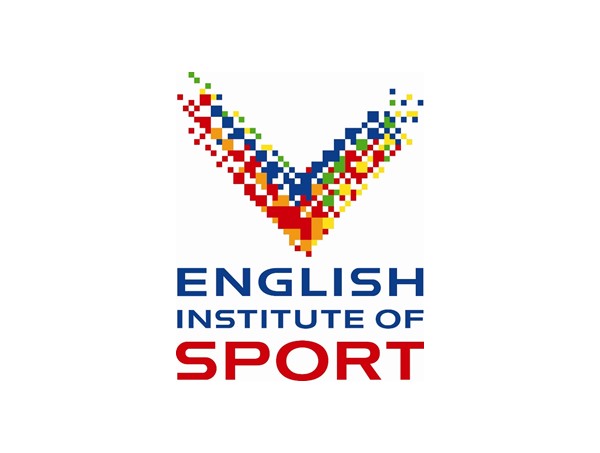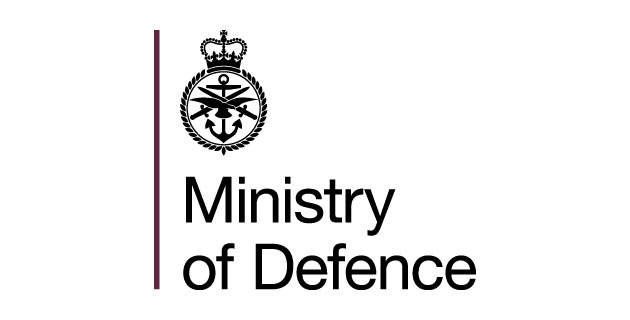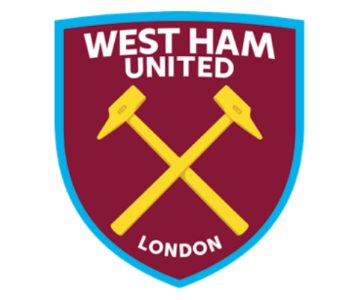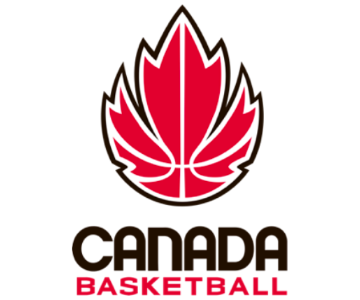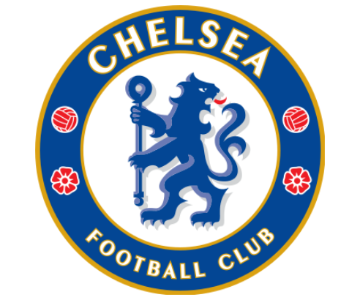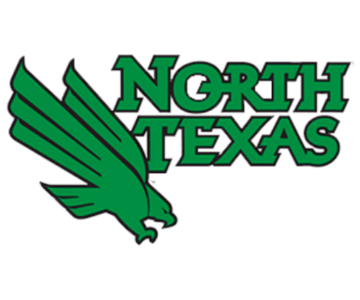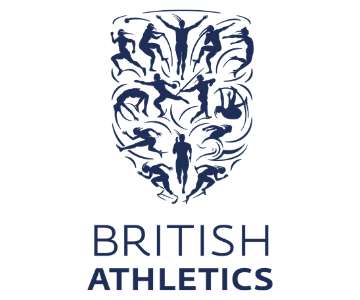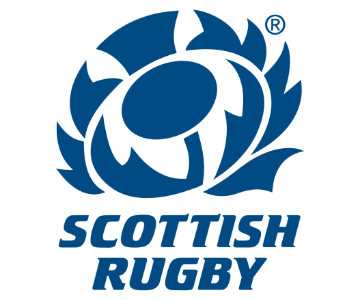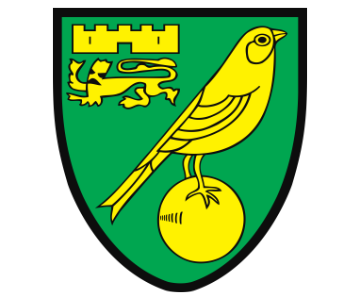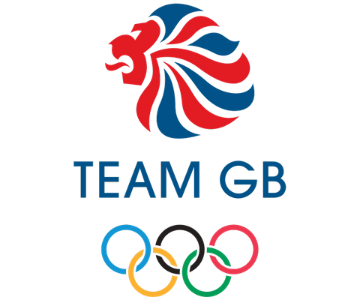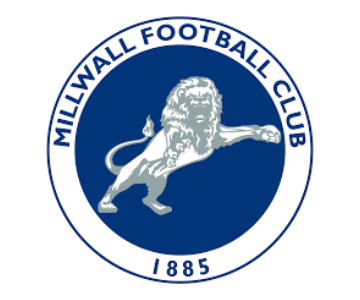Institute of Performance Nutrition
IOPN Diploma in Sports Nutrition
Our unique Level 7 programme, equivalent to a Postgraduate Diploma.
Become confident translating science into practice
Tackle 40 real-world case based scenarios
Learn from the leading experts in sports nutrition

Mode
100% online
Duration
12-18 months (FT-PT)
EQF Level
7 (masters)
Credits
120 credits
Price From
£4,980 + VAT
Accredited
CFI (OfQual AO)
Global Comunity
Internationally recognised
What is the IOPN Diploma?
The IOPN Diploma in Sports Nutrition is a CFI accredited (OfQual EQF Level 7 / Masters degree level) 100% online practice-focused program that has been uniquely designed and is exclusively delivered by the IOPN. You will be supported by our in house team of highly trained and experienced sports nutritionists, who are complemented by a world-class faculty of expert guest lecturers.
When you finish this course, you’ll have the advanced theoretical knowledge and practical skills needed to immediately work effectively with a wide range of individual athletes and teams, from amateur “recreational athletes” to elite-level professionals and Olympians.
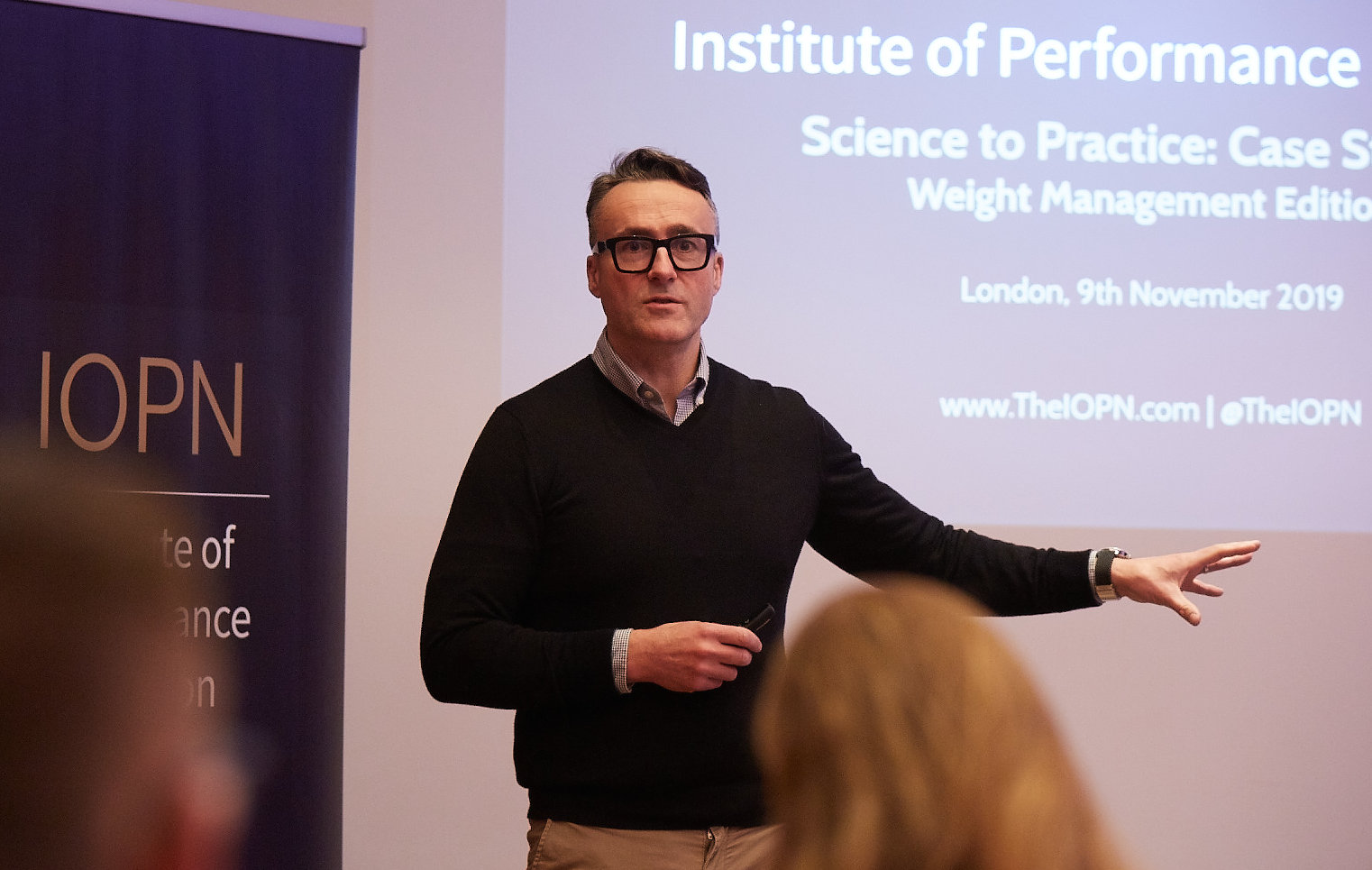
Why choose our course?
Study while you work
Our course is 100% online so you can easily study anywhere at any time and fit in your studies around full-time work and family commitments.
Master behaviour change coaching
Learn how to explain complex topics in a simple way so your clients can easily understand how and why they need to fuel for performance and recovery.
Learn problem solving skills
Practical assignments will challenge you to develop the skills to overcome unexpected challenges with clients in different performance environments.
Upgrade your career
We'll teach you the knowledge and practical skills to set up your own sports nutrition coaching business, work with amateur and elite athletes or even apply to study for a PhD.
Attract more clients
Evidence-based knowledge and coaching skills will maximise the results you get from clients across multiple sports, so you can attract clients and increase your income.
Get insured
Once you’ve graduated, our qualification will allow you to obtain insurance to practice as a Performance Nutritionist. See our FAQs section for full details.
Gain international recognition
The IOPN Diploma is a CFI accredited EQF Level 7 (UK OfQual regulated masters degree level) program.
Join our student network
Access to a private Facebook group to network with fellow students, including personal trainers, nutritionists, S&C coaches, dieticians, doctors and more.
What will the IOPN Diploma do for my career?
Our graduates have gone on to work with elite athletes and teams, build thriving sports nutrition businesses, studied PhDs, landed their dream jobs and even switched careers.
Read more success stories

🇮🇪 Ellen McDermott
DipIOPN, BSc, UKAD
Performance Nutritionist
"Like anyone who graduated from the IOPN would say, it was the most relevant, practical and engaging coursework I've ever been a part of. Fast forward to 5 years of exercise science and performance nutrition studies, topped off with the IOPN Diploma and I have developed a set of skills which has allowed me to work with some top level athletes. In the past few months I embraced the challenge of starting my own business which couldn't be going any better."

🇬🇧 Charles Ashford
DipIOPN, MSc, SENR
Nutritionist at Dallas Mavericks
"I also did a master’s degree a few years later but I actually found the diploma more valuable than I found my master’s degree, because I felt like I already had that level of knowledge from the diploma by the time I went into the master’s. I also didn’t get access to the same world leading experts in their area. There are only a handful of courses in the world that offer that and the IOPN is one of them."
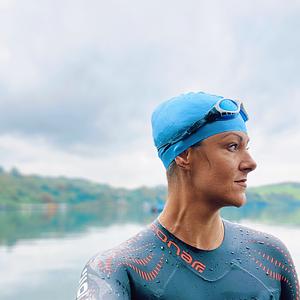
🇮🇪 Fiona O’Donnell
DipIOPN, MSc
Performance Nutritionist
"I graduated from the diploma and can honestly say it was the best learning experience I’ve ever engaged in. I’ve spent the last 18 months since graduation focussing on business and I’m delighted to say - it’s taken off! Great confidence gained from the programme which has allowed me to excel in my space."

🇬🇧 Richard Brennan
DipIOPN, MSc, CSci
BASES Accredited Sport Scientist - Chartered Scientist. Royal Society Medicine - Senior Associate Member
“Having completed a BSc. and MSc. before gaining #BASES accreditation I thought I knew a thing or two about nutrition… and then I took the IOPN Diploma. It’s not easy to put across how incredible it is but mind blowing and inspirational are two words that come to mind.”

🇬🇧 Tiffany Afflick
DipIOPN, BSc, SENR
Senior Nutritionist, Physiologist and Creative Chef working for The Edge HPL
“The course has accelerated my career. I had practical experience with athletes after university but the diploma built on that - I’m ahead of where I thought I’d be at this point.”
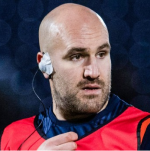
🇬🇧 Nick Lumley
DipIOPN, MSc, CSCS
Head of Performance - NSW Waratahs
"A course doesn’t have to give you the answer to every challenge you get in your career, it needs to give you the skills to deal with the challenges you face and that’s what this course does."
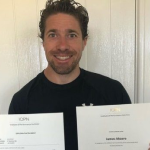
🇬🇧 James Moore
DipIOPN, MSc, SENR
Performance Nutritionist
“I’m working with a female athlete and developing nutrition strategies around her menstrual cycle - I wouldn’t have been able to work at this advanced level without the diploma.”

🇬🇧 Kate Neudecker
DipIOPN
Online Coach, Fitness Writer and Content Creator
“My business and client base has really progressed. I’ve been able to really niche down and work with clients who are performance based and interested in specialist coaching.”
Learn from the experts shaping sports nutrition
Learn from 40+ guest experts across professional sport, research, and performance nutrition.

Prof. James Morton PhD SENr
Liverpool John Moores University. Formerly Team Sky & Liverpool FC.
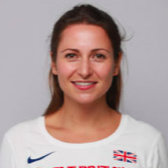
Dr Sophie Killer PhDr
Performance Nutritionist, English Institute of Sport
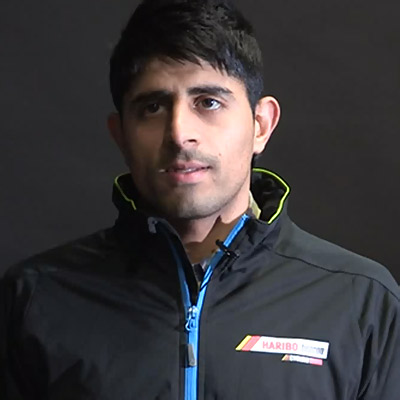
Dr Mayur Ranchordas DProf SENr
Sheffield Hallam University & sports nutrition consultant for elite athletes.

Prof. Graeme Close PhD SENr
Liverpool John Moores University. England Rugby & European Tour golf.

Dr Javier Gonzales PhD
University of Bath

Professor Kirsty Elliott-Sale
Manchester Metropolitan University

Prof. Emma Stevenson PhD
Newcastle University

Prof. Dylan Thompson PhD
University of Bath

Dr Kevin Currell PhD RNutr SENr
English Institute of Sport

Dr Lewis James PhD
Loughborough University
Your programme leaders
Our team brings several decades of real-world experience to support you throughout your journey.

Dr Laurent Bannock
DProf, MSc, CSCS, RNutr, SENr
IOPN Founder and Director

Alex Ritson
MSc, Senior Education Consultant

Dr Rianne Costello
BSc MSc PhD, SENr, FHEA
Lead Assessor and Sports Nutritionist

Dr Stephen Smith
BSc, MSc, PhD
Tutor & Red Bull Performance Nutritionist

Dr Mark Hearris
BSc, MSc, PhD
Tutor & Nutrition Consultant (elite football)
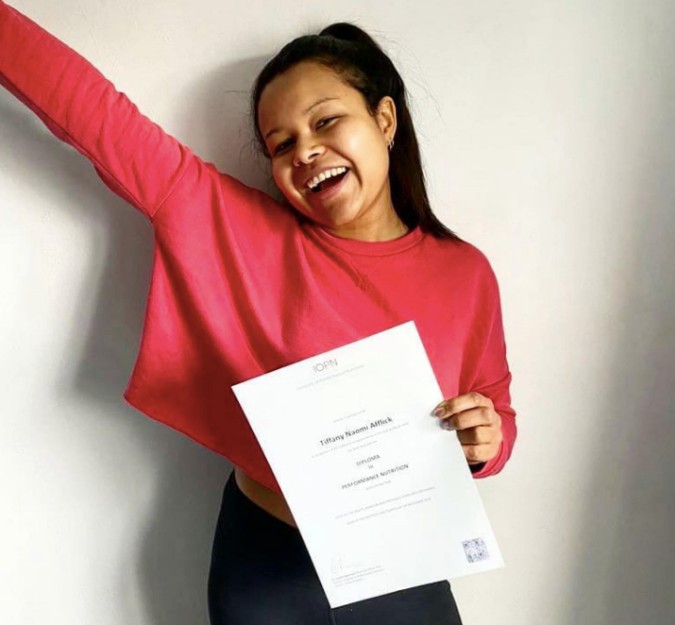
Tiffany Williams
Dip.IOPN, BSc, DPS
Tutor & Performance Nutritionist
What will I learn on the course?
Our four sports-specific modules will give you a thorough training in advanced sports nutrition science and exercise physiology related topics, as well as teach you how to communicate with and coach “real world” clients.
Click the (+) button for a brief summary of each module or the gold button below for a full breakdown of each module, unit, lecture, practical assignment and more.

Accreditation
We are proud to have achieved formal program accreditation as well as professional body / industry recognition for the IOPN Diploma from a number of leading international bodies and awarding organisations. Visit our accreditation page to learn more:
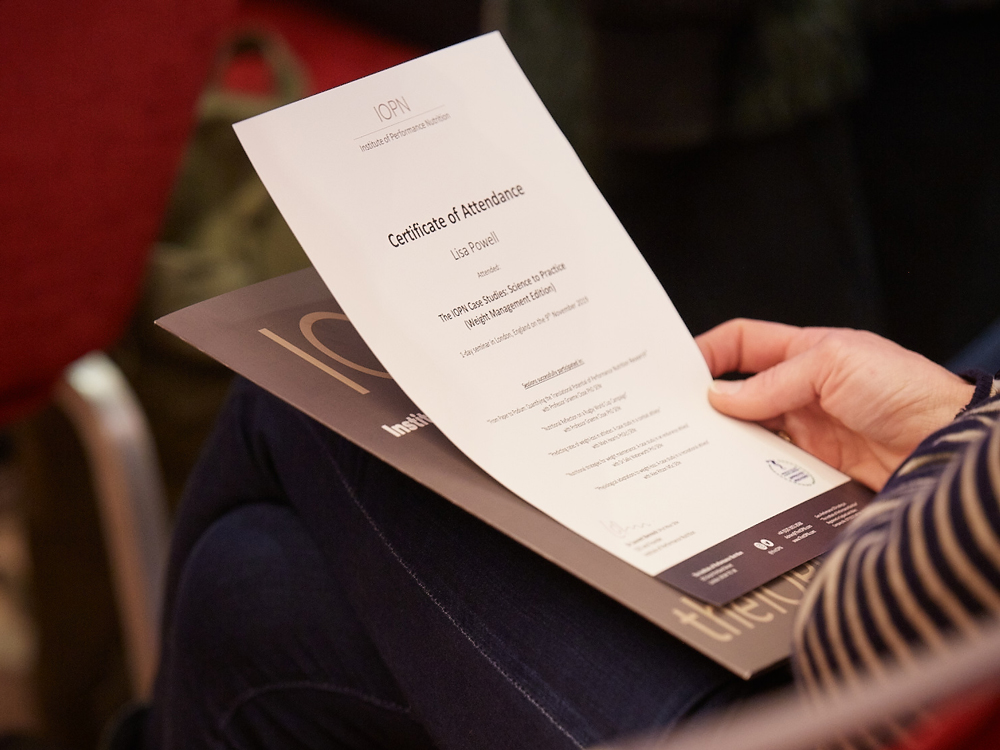
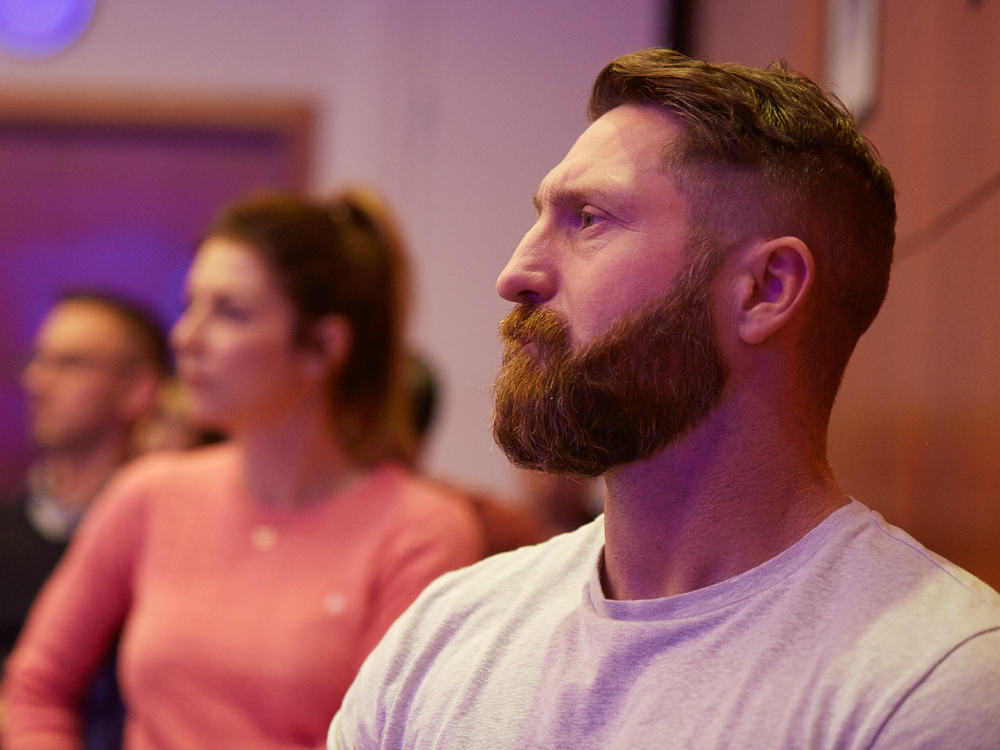
Eligibility
The course is an postgraduate level (EQF Level 7 / Master’s degree level) program, meaning students must have a good level of prior knowledge and education to be eligible to apply. Examples below:
If you don’t have a degree or a degree in a related field, you must have other professional qualifications in your field:
Course start dates (intakes)
There are four course cohorts (intakes) per year: February, May, August and November. You can apply at any time and start your studies in the next available cohort.
Each cohort opens officially on the 25th of the cohort month (Feb, May, Aug, Nov), with the application and enrolment deadline for each cohort being the last day of the cohort month.
There is a maximum time limit of 18 months to complete the course (part-time), with the average time to completion being 12 months (full-time).
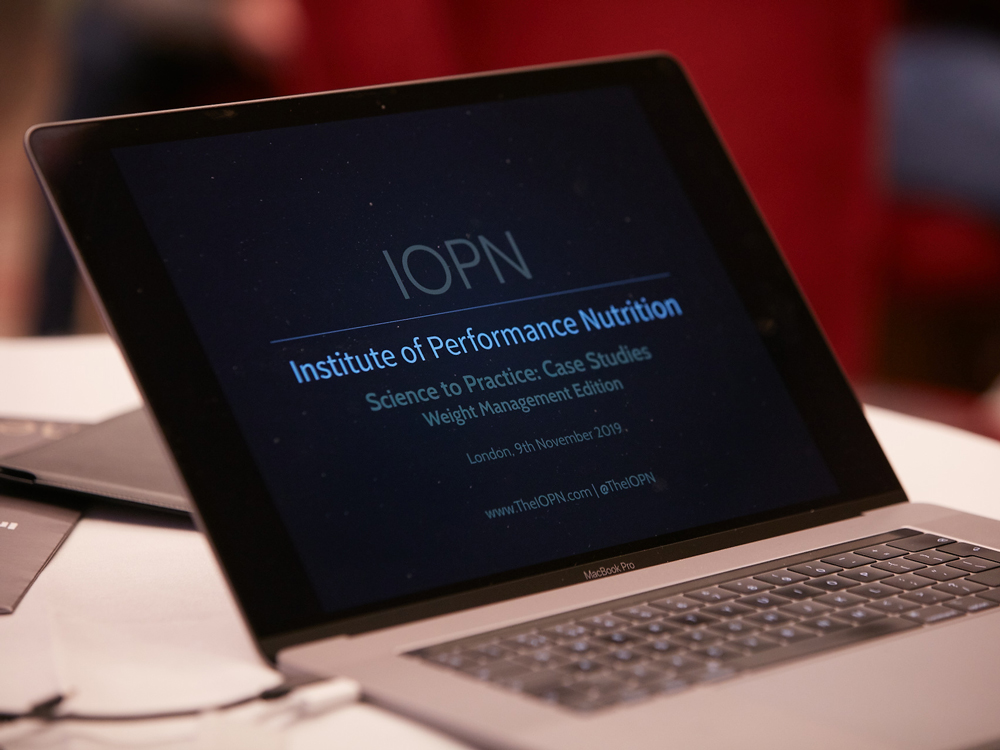
Fees breakdown
The total fees payable includes the Registration Fee (£445) plus Tuition Fee (£4,980 + applicable VAT). Our flexible pricing makes our internationally recognised, world leading programme a highly affordable option for current and aspiring specialists in sports nutrition.
Learn More

